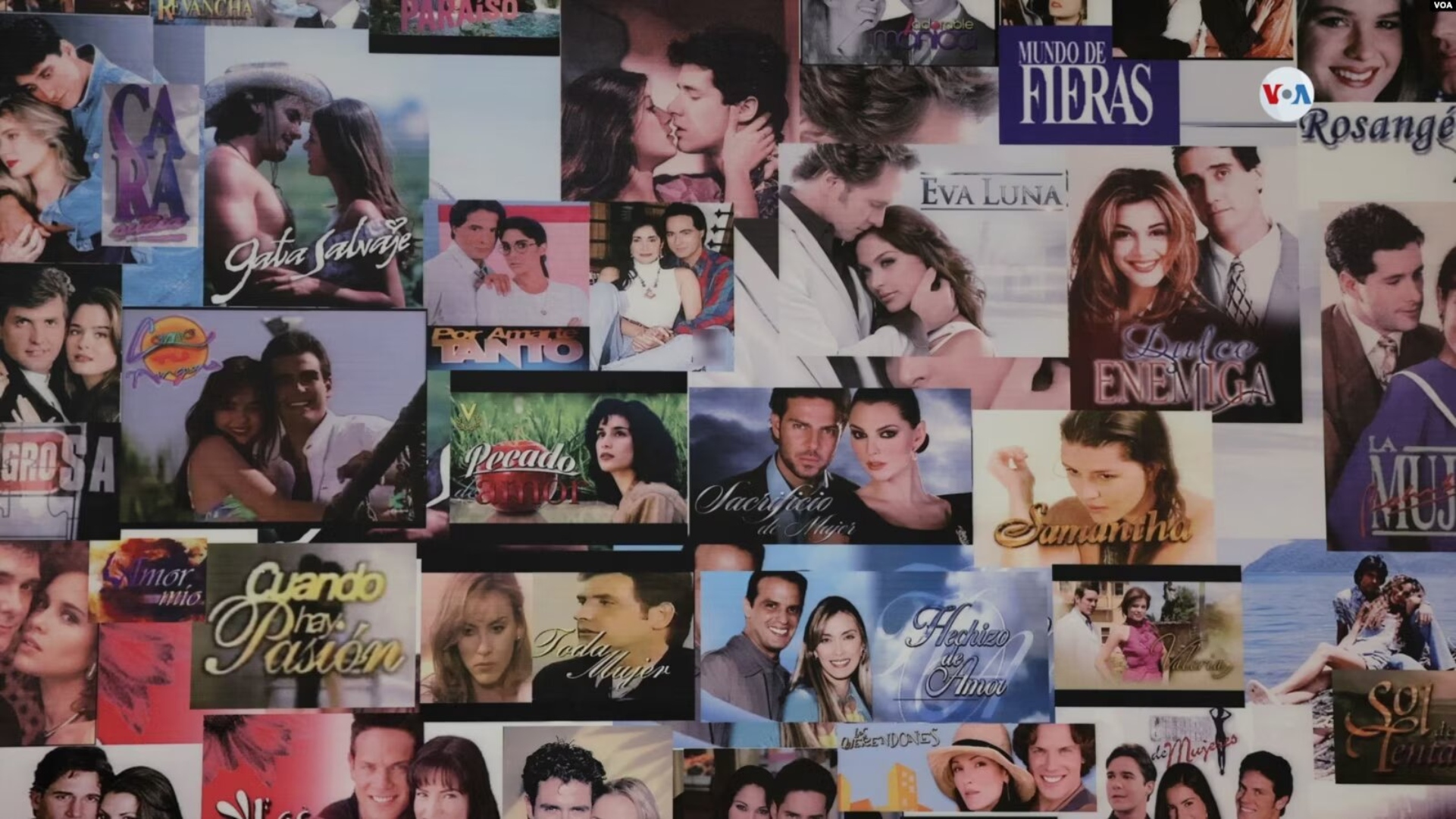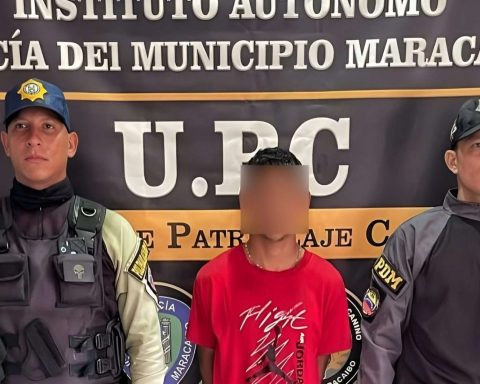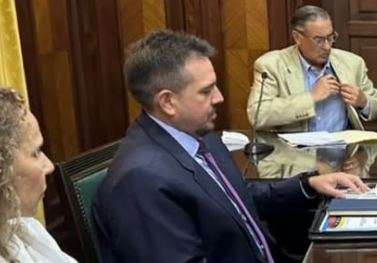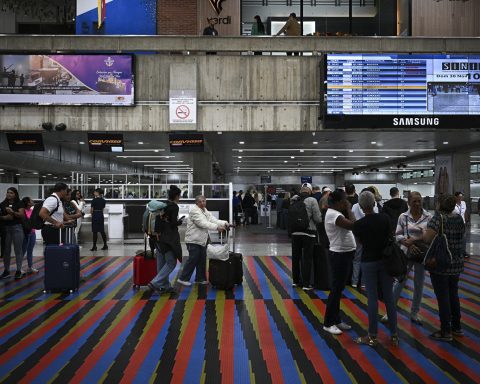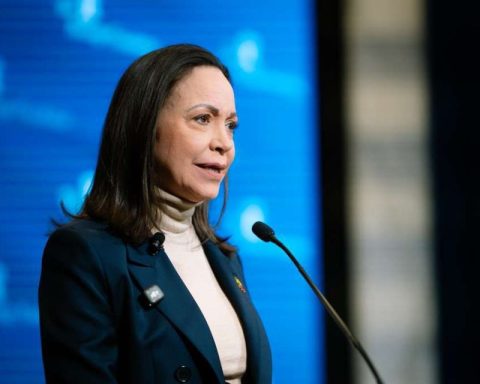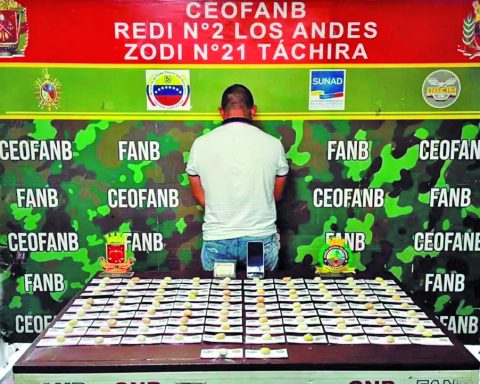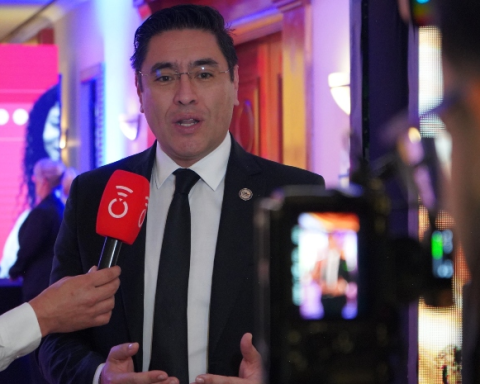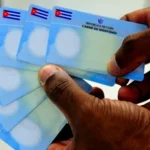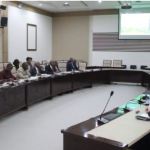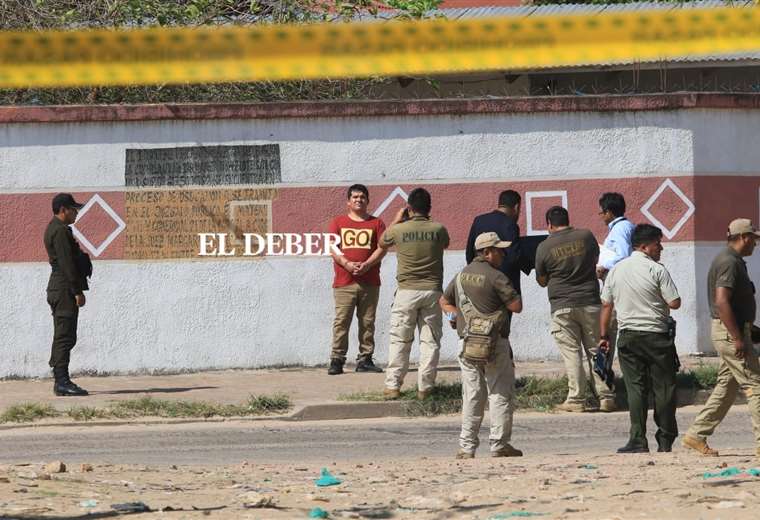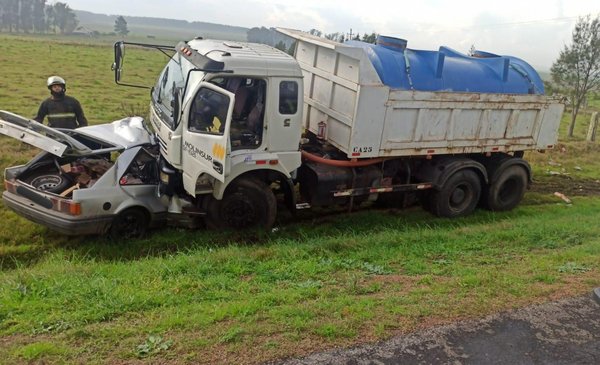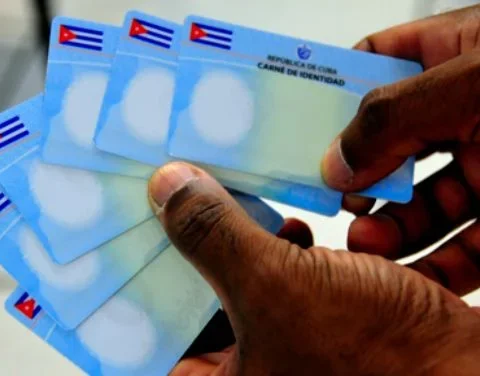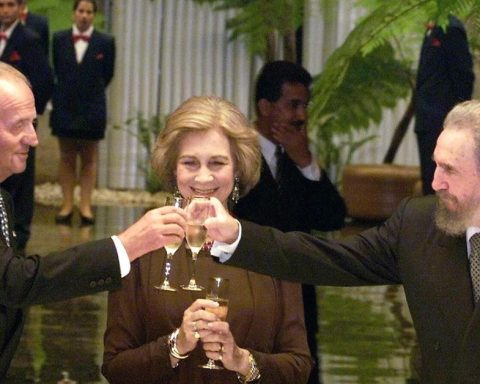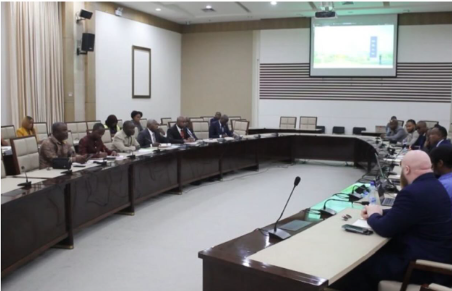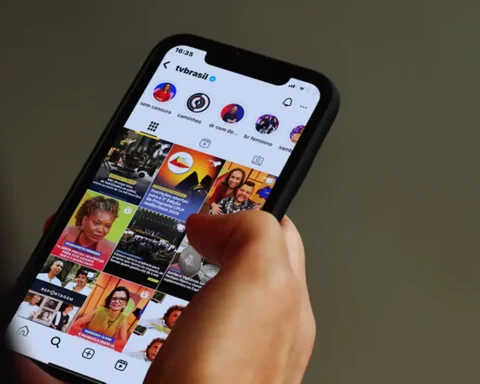After years of crisis and inactivity, they seek to revive the machine for making soap operas in Venezuela, which lived its “golden age” during the 1970s, 1980s and 1990s, when it came to conquer viewers around the world.
Text: nicole colster
“Concentration, concentration… five, action!” César Manzano shouts as he stares at the scene that is about to begin on a monitor. He is the director of the shooting of ‘Drámáticas’, a series that promises to revive the dead machine for making soap operas in Venezuela, which has collapsed after years of crisis and inactivity.
To one side, seated in an armchair, an actress reads her script in a low voice. Technicians leave, costume designers enter and so the day goes on in this busy set located in Venevisión, the largest television channel in the country.
Filming stops. They review the material, the actors practice and move on to the next scene.
Sitting in front of some monitors, Manzano sets the tone. There are risky movements of cameras, abrupt changes of focus, a very cinematographic style, nothing similar to what is seen on local television, now in decline.
The programming grids of the channels that remain in Venezuela are full of old soap operas, recorded at least 15 years ago and dusted off from the archives.
But it was not always like this.
Venezuela was gigantic and when one is gigantic it continues to be. That he is asleep does not mean that he ceases to be ”,
Hugo Devana, executive producer “Dramatics”
In the make-up room, the first Venezuelan actress Lupita Ferrer, 75, considered ‘the queen of the dramatics’, is being prepared.
“I feel excited and I hope this is not an effort in vain,” Ferrer, who has lived in the United States for years and returned to Venezuela to participate in the project, told the Voice of America.
“We are betting that this is a stimulus for that great industry that we had to be reborn here (…) There was a total decline here, economic, political, and all kinds of problems, which almost completely stopped national production and that did not It should be like that, it’s unfair,” she regrets, but is hopeful.
*Read also: Maduro’s 2022 Christmas message imitates the RCTV spots
Soap operas are a “sleeping giant”
The production of soap operas in Venezuela lived its “golden age” during the 1970s, 1980s and 1990s, reaching viewers all over the world.
“Venezuela was prosperous,” journalist César Miguel Rondón, writer and screenwriter for film and television, recalled to VOA by phone.
Author of 12 soap operas, between 1982 and 2002, Rondón was in the golden age of television.
“There was money to invest in the production of soap operas and many very good classic soap operas were produced (…) In the 80s it was produced at a very high level and of great quality, there was money to make them,” Rondón continues.
But production fell sharply during the government of the late President Hugo Chávez (1999-2013), who also accused private television stations of promoting the “culture of violence” through their programming. The speech was followed by his successor Nicolás Maduro.
The economic instability and the exodus of talents affected.
“They stopped investing in the industry, there was executive myopia (…) and there was no sense when choosing the topics and what should be done. So we lost the international markets that we had won (…) and we no longer produce anything”, concludes Rondón.
Former powers such as Venevisión and Radio Caracas Televisión (RCTV), which were competing to the death to lead the audience, slowed down the production rate.
In 2007, RCTV was taken off the air by order of the government, after 50 years of history. Chávez ordered the non-renewal of the concession for having a critical editorial line.
‘Drámáticas’ is a 12-episode series that is recorded in the gigantic but solitary facilities of Venevisión. However, the channel does not have its hands in the production of this series.
“It is not that we are not going to make a telenovela at some point, but we are not there yet,” Andrés Badra recently commented, who took over as general director of Venevisión Media last October with the aim of “transforming” the channel.
It is “a kind of laboratory test,” he explained in an interview with the news site El Estímulo.
HispanoMedia production company is the company responsible for the project, which hired actors and producers, provided state-of-the-art equipment and technicians.
The plot is precisely about a soap opera that can save a channel in trouble. It is scheduled to be released in the last quarter of the year.
“With what we are doing now, we can show that Venezuela really is up to any platform and Netflix, or any series that has been made anywhere, including in the United States,” explains Hugo Devana, vice president of VOA. content and audiovisual development for HispanoMedia and executive producer of the series.
“Venezuela was gigantic and when one is gigantic it continues to be. The fact that he is asleep does not mean that he ceases to be, ”adds Devana, with almost 40 years of experience, from an empty studio on the channel.
Devana, who is happy “to move the hornet’s nest”, acknowledges that “these have been very difficult years” for the country and the industry. “If this is the spearhead of something better, I am grateful and blessed.”
“We want to start making series that go out of Venezuela to the world, because there are Venezuelans everywhere and there are many people who are not Venezuelans, but who still miss Venezuelan actors.”
*Read also: Jerónimo Gil went from soap opera villain to jail in real life
“I was missing that”
“We stopped! Lunch time”, they shout on the set.
So, in a canal dining room, technicians, producers and actors come together. Lupita Ferrer, who began her career in 1967 with an adaptation of the Venezuelan literature classic “Doña Bárbara”, looks at some photographs shared by a former assistant.
“I was a bit withdrawn,” says Ferrer. “My mother, who was with me in her apartment in Miami, passed away last year. So you know that one is seized by sadness, that great emptiness… And I said ‘well, I have to go back to television or the medium, whatever it was’”.
Ferrer plays a television diva… “but much more overacting than me”, she clarifies between laughs. “They say I’m a diva… I don’t know.”
He takes up the idea and insists: “actually I decided to return, because I needed it.”
The production brings together well-known Venezuelan actors who were part of that golden age of Venezuelan television and are back.
Javier Vidal, Amanda Gutiérrez, Mimi Lazo, Dora Mazzone, Jorge Palacios, Aroldo Betancourt, Hilda Abrahamz, Elba Escobar, Tania Sarabia.
“I hope that after ‘Drámáticas’ many more series will be made with or without me,” continues Ferrer.
There are younger actors like Victor Drija, 38, who plays Peter, a character who “goes along the line of comedy,” he explains to VOA.
“What I would like is for the industry not only for soap operas, but for entertainment in general, to be reactivated,” continues this singer and actor who participated in a Disney+ miniseries.
Ferrer arrived at the channel early, but his scene was postponed until the afternoon. She doesn’t complain: she changes her clothes and goes into makeup for the final finishing touches.
“I want to leave a mark here so that they continue on the path,” he said.
Post Views: 86
